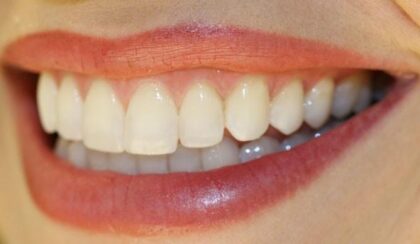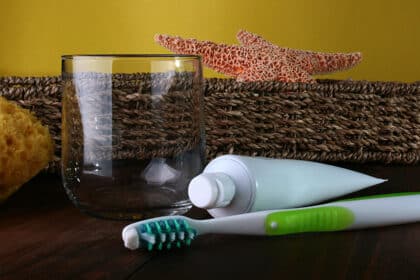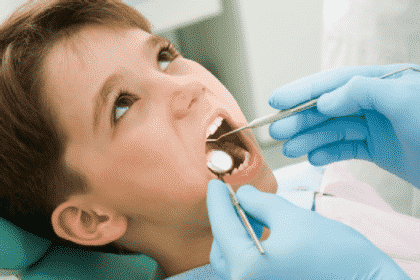Miggy’s Bakes, Greenbush Bakery, Babcock Ice Cream…Madison is home to an amazing array of delicious confections! But if you’ve been making our city’s finest treats a daily habit, you might be wondering: just how much sugar is too much? Read on for tips on how to judge your diet and ways to enjoy the occasional treat while minimizing damage to your teeth.
- How Sugar Affects Our Teeth
- How Much Sugar is Too Much?
- Minimize the Damage Sugar Can Do
How Sugar Affects Our Teeth
Besides causing other health problems, we also know that sugar and teeth aren’t the best of friends. But why is that?
It’s because the plaque that constantly covers our teeth contains bacteria. When sugar is consumed, the bacteria in the plaque feeds on the sugar and releases acid. This acid erodes tooth enamel, eventually causing cavities. Overconsumption of sugar can lead to the breakdown of teeth and gingivitis.
If plaque isn’t removed, it’ll harden into tartar. Tartar under the gum line can also cause gingivitis. Only a trained dental professional can remove tartar once it’s formed. To keep your teeth strong, make sure to brush twice a day and floss to remove the plaque from your teeth.
So, How Much Sugar is Too Much?
According to the Center for Disease Control, the total amounts of sugar consumed shouldn’t exceed ten percent of your total calories for the day. So if you require 2,000 calories a day, no more than 200 should come from added sugar.
When calculating your totals, don’t forget to include that sweetener in your coffee, fruit juice, or energy drinks. According to the CDC, the biggest contributors of added sugars in the U.S. diet are sweetened beverages, followed by treats and desserts like cookies, brownies, pastries, and ice cream.
Minimize the Damage Sugar Can Do
Additionally, how you consume sugar is also as important as how much you consume. Sipping on a sweetened beverage throughout the day or keeping hard candy in your mouth for long periods is also detrimental to your teeth. Unlike consuming sugar at a meal when larger amounts of saliva are stimulated that help wash away the sugar, sipping and sucking on candy creates a constant presence of sugar in the mouth, giving the bacteria in plaque plenty to feed on and keep releasing enamel-weakening acid.
If you are going to eat sugar, consume it during a meal instead of as a snack. If you need to eat between meals, stay away from starches that also stick to teeth, such as pretzels and chips. Instead, reach for tooth-boosting options such as crunchy veggies and cheese, which can both clear away plaque from teeth as well as deliver great nutrition.
If you have children, help them keep their teeth healthy by serving juice only at one mealtime, and keeping only water in a sippy cup for sipping throughout the day. Like adults, constantly keeping sugar in the mouth from juice or milk can erode children’s teeth.
For further reading: Do Baby Teeth Really Need Fillings?
Affiliated Dentists in Madison, Wisconsin
Getting regular check-ups every six months is essential for making sure that plaque doesn’t accumulate on the teeth. If we can help you get back on track with regular dental cleanings, please contact us today. As part of a wide array of general and restorative dental services, Affiliated Dentists also provides dental cleanings in Madison, Wisconsin.
How Much Sugar is Too Much? brought to you by Dr. Mark Gustavson


